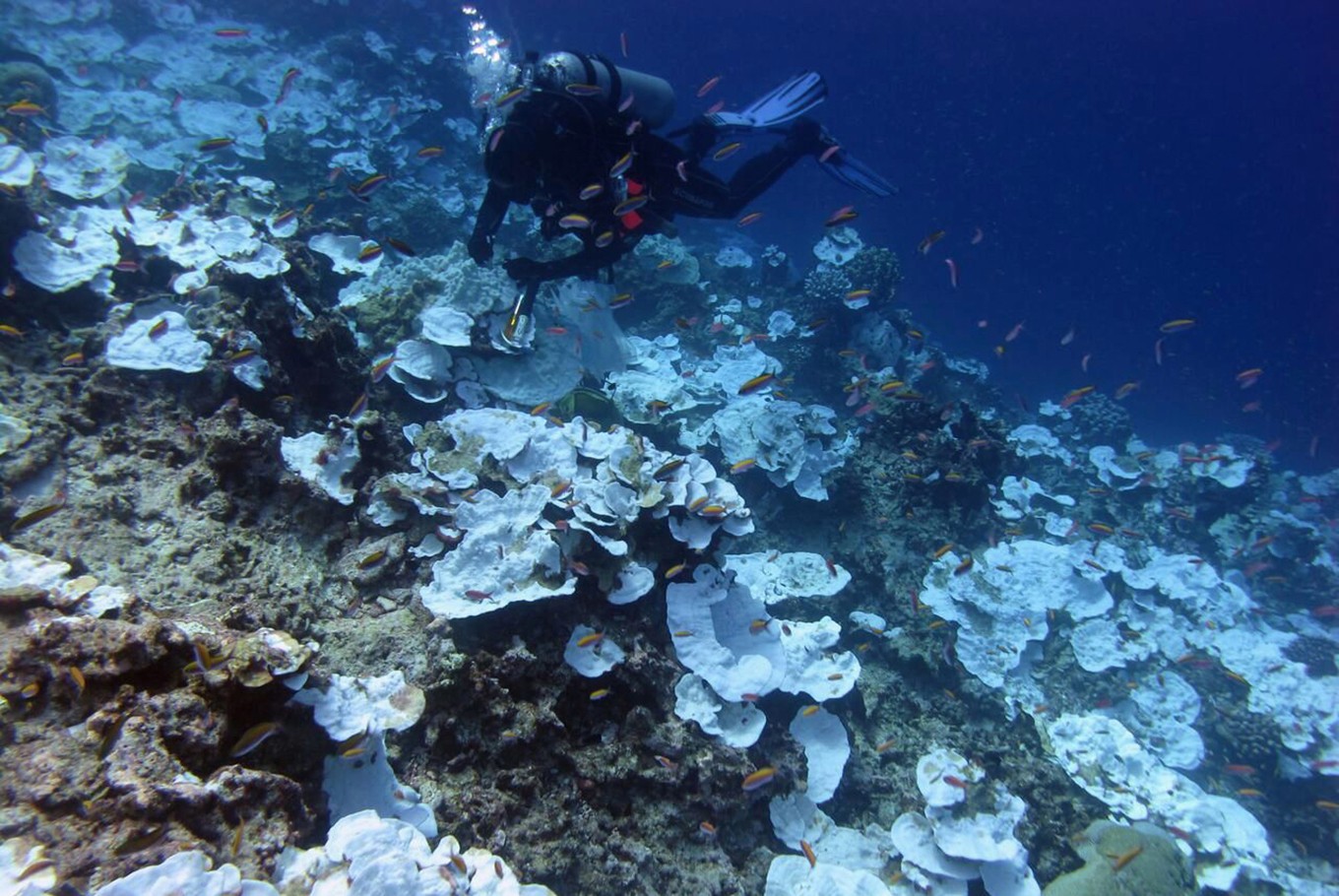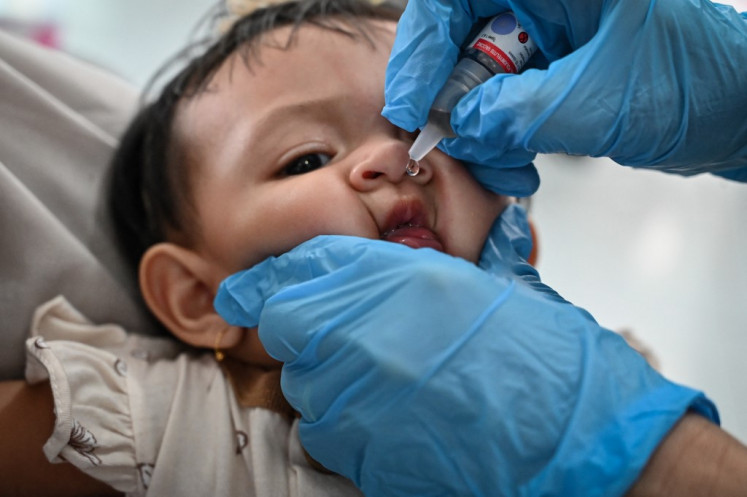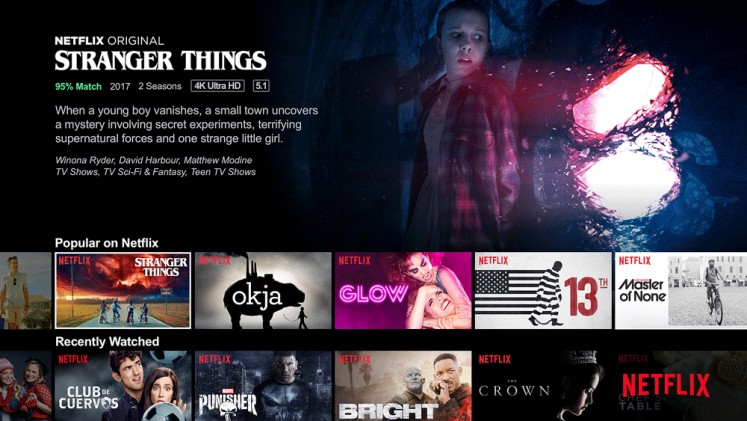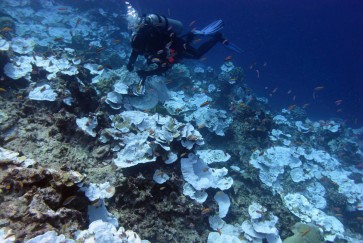Popular Reads
Top Results
Can't find what you're looking for?
View all search resultsPopular Reads
Top Results
Can't find what you're looking for?
View all search resultsCoral bleaching and why we are the ones to blame
Across the globe, we have lost 40-50 percent of coral in the last 50 years. While this is environmentally important, it is also an economically-critical issue.
Change text size
Gift Premium Articles
to Anyone
 This May 2016 photo provided by NOAA shows bleaching and some dead coral around Jarvis Island, which is part of the U.S. Pacific Remote Marine National Monument. Scientists found 95 percent of the coral is dead in what had been one of the world’s most lush and isolated tropical marine reserve. More than 2,000 international reef scientists, policymakers and stakeholders are gathering in Hawaii starting Monday, June 20, 2016, to discuss the latest coral science and what can be done to stop widespread death of the world's reefs. (NOAA via AP/Bernardo Vargas-Angel)
This May 2016 photo provided by NOAA shows bleaching and some dead coral around Jarvis Island, which is part of the U.S. Pacific Remote Marine National Monument. Scientists found 95 percent of the coral is dead in what had been one of the world’s most lush and isolated tropical marine reserve. More than 2,000 international reef scientists, policymakers and stakeholders are gathering in Hawaii starting Monday, June 20, 2016, to discuss the latest coral science and what can be done to stop widespread death of the world's reefs. (NOAA via AP/Bernardo Vargas-Angel)
W
e all know that coral is beautiful. The incredible colors of its various species come from microscopic, algae. These organisms are corals’ main source of food. The thing is, when coral is stressed, those algae leave. This makes the corals look pale, and in some occasions, completely white. This is called bleaching. When bleached, coral becomes vulnerable, making it prone to diseases, and it can even lead to death.
The first mass bleaching event was recorded in 1980. Afterwards, bleaching took place in shorter intervals with an increased intensity in 1998, 2010, 2015 and more recently in 2016. Another example of a massive coral bleaching can be seen in Caribia, which has lost nearly 80 percent of its coral since 1920.
Closer to home, if you go to Nusa Dua in Bali, where last month’s “Ocean Summit” was held, you can see the bleaching there too. Across the globe, we have lost 40-50 percent of coral in the last 50 years. Therefore in the next few decades, the situation can only get worse. While this is environmentally important, it is also an economically-critical issue. The UN estimates that coral reefs globally generate over US$172 billion per year. The Summit agreed to the “50 reefs initiative”, a joint effort to save the world’s endangered coral reefs.
Coral can get stressed quite easily, particularly if it is subject to changes such as temperature rise or increased acidity in the ocean — which is closely related to global warming. These days, the ocean is already 30 percent more acidic than it was before, largely because the amount of CO2 in the atmosphere is increasing.
Once released into the atmosphere, most of this toxic gas is then absorbed by the ocean and changes the composition of the ocean. This process is known as ocean acidification. With more acid in the ocean, it is more difficult for all animals with shells to create their shells.
Acidification also slows down the rate at which different types of coral can create their skeletons, as their rate of calcification becomes lower. In extreme cases, the clam industry will be heavily affected, severely affecting fisheries such as mussel, oyster and clam farming.
What’s worse, ocean acidification is not the only threat. Global warming, the other child of climate change, also poses a serious problem as most heat on the planet is stored in the ocean. Between 1861 and 2000, the average ocean temperature increased by 0.4 – 0.8 Celsius.

















